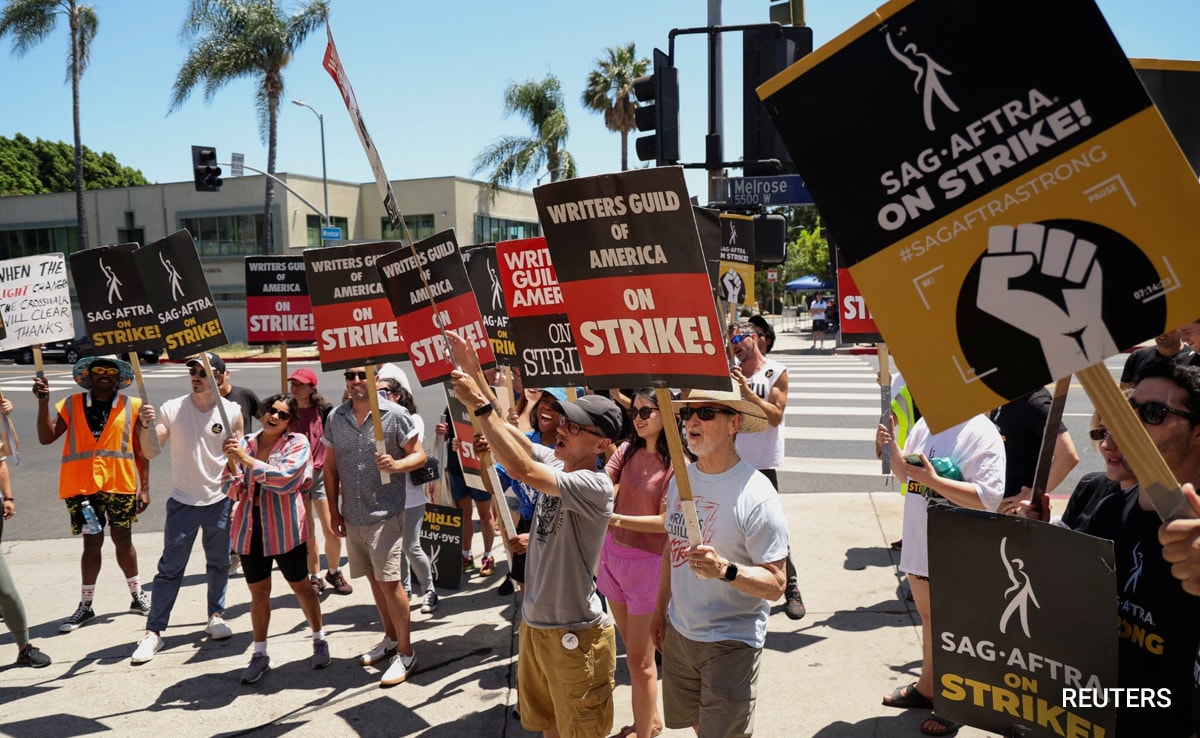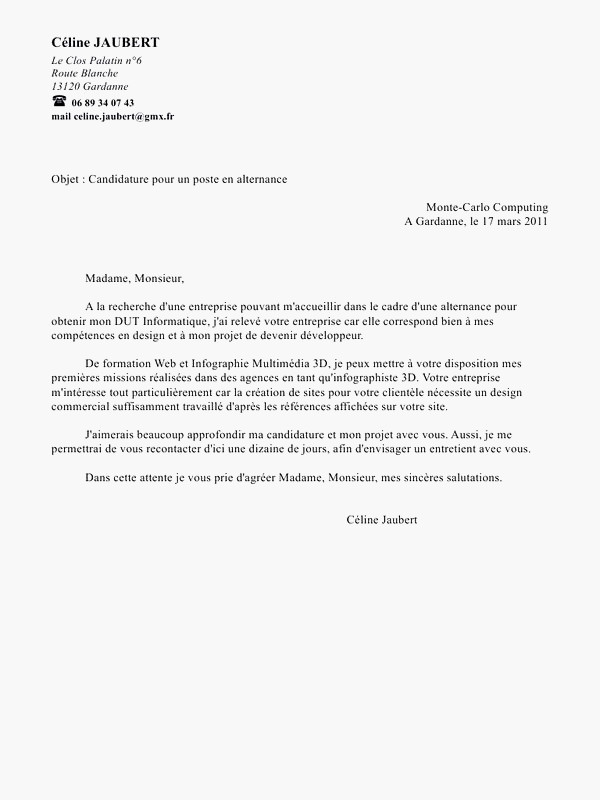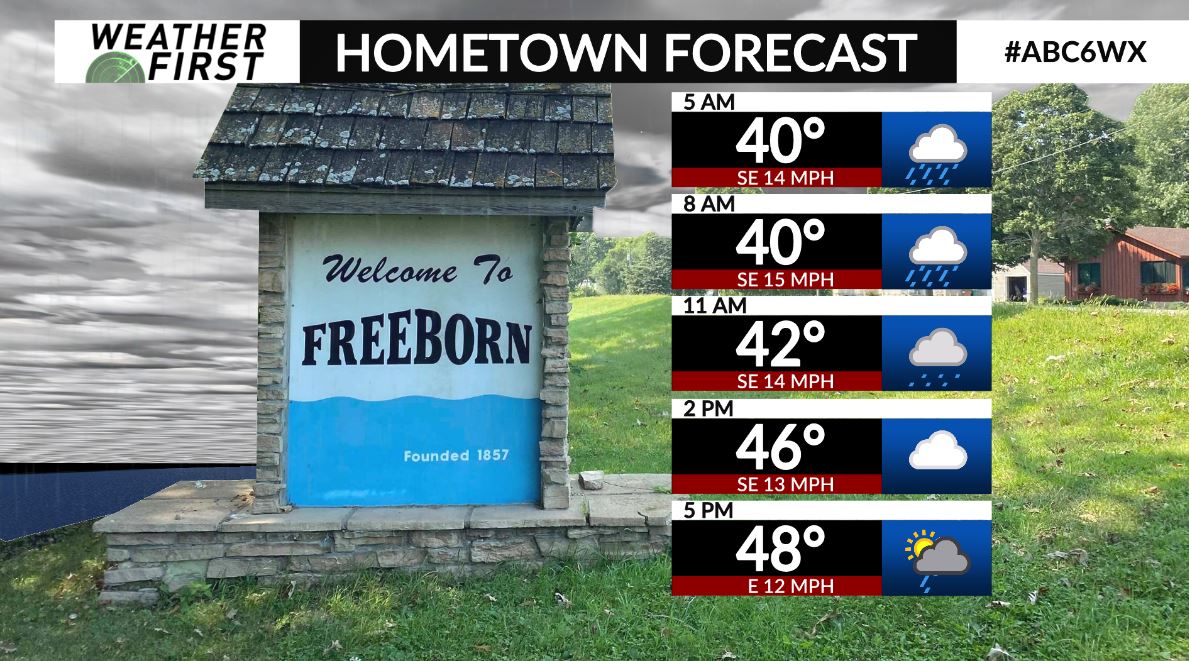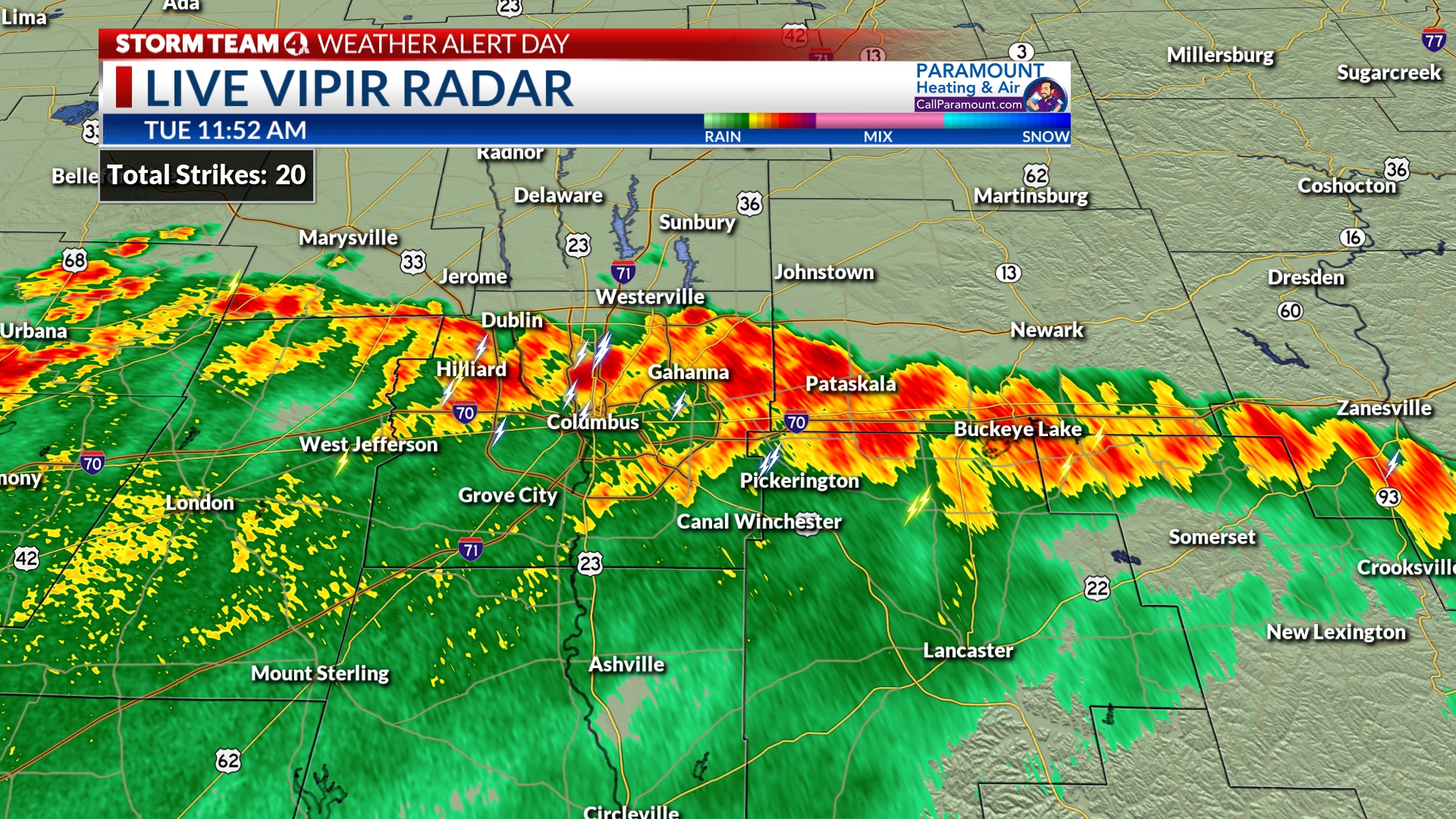Actors And Writers Strike: A Complete Shutdown Of Hollywood Production

Table of Contents
Key Demands of the WGA and SAG-AFTRA Strikes
The strikes are fueled by a multitude of concerns, centering around fair compensation, the rise of AI, and improved working conditions. Both the WGA and SAG-AFTRA are fighting for a fairer share in the success of the industry, particularly in light of the streaming revolution.
Fair Wages and Residuals in the Streaming Era
The traditional model of residuals, where actors and writers received payments each time their work was aired, has been significantly disrupted by streaming services. Streaming platforms often operate on opaque revenue models, making it difficult for creatives to track their earnings and negotiate fair compensation.
- Lack of transparency in streaming revenue: Many actors and writers receive minimal payments for their work on streaming platforms, despite the immense popularity and profitability of these services. The lack of transparent accounting practices makes it difficult to assess fair compensation.
- Demand for a fairer share of profits from streaming platforms: Both unions are pushing for a more equitable share of streaming profits, reflecting the value their contributions bring to these platforms.
- Concerns about AI usage impacting future employment: The increasing use of AI in content creation poses a significant threat to the livelihood of writers and actors, leading to demands for safeguards against AI replacing human creativity.
Protecting Writers and Actors from AI
The rapid advancement of AI technology presents a serious challenge to the creative workforce. Both unions are deeply concerned about the potential for AI to generate scripts, create characters, and even replace actors through deepfakes. This devalues human creative work and threatens future employment.
- Demand for regulations on AI usage: The unions are seeking regulations and contractual agreements that protect human creativity from being replaced by AI.
- Protection against AI-generated content replacing human work: A key demand is ensuring that human writers and actors are fairly compensated and not replaced by cheaper AI-generated content.
- Negotiating fair compensation for AI-assisted projects: If AI is used in any capacity in production, fair compensation for the human contribution must be guaranteed.
Improved Working Conditions
The demanding schedules and long hours in the entertainment industry have long been a point of contention. Writers and actors often face grueling work conditions, impacting their mental and physical health. Both unions are seeking improvements in these conditions.
- Shorter working days: The demand for reasonable working hours is crucial to maintaining the health and wellbeing of creatives.
- Reasonable travel allowances: Fair compensation for travel expenses is essential, particularly for actors and writers working on location.
- Improved safety regulations on set: Stringent safety protocols are vital to protect the wellbeing of everyone involved in film and television production.
- Access to affordable healthcare: Access to affordable and comprehensive health insurance is a critical demand for all workers in the industry.
The Impact of the Hollywood Strike
The Hollywood strike, encompassing both the writers strike and the SAG-AFTRA strike, is causing a significant ripple effect across the entertainment industry. The consequences are wide-ranging, affecting production, economics, and ultimately, consumers.
Production Delays and Cancellations
The immediate impact is the widespread halt of film and television production. This disruption has implications that extend far beyond the initial filming stages.
- Postponed movie releases: Numerous anticipated films have been delayed indefinitely, impacting release schedules and box office projections.
- Cancelled TV show seasons: Many television series have had their production halted, leading to potential delays or cancellations of entire seasons.
- Delayed production start dates: New projects are being indefinitely postponed, further delaying the release of new content.
- Impact on independent filmmakers: Independent productions, which often have smaller budgets and fewer resources, are disproportionately affected by the strike.
Economic Consequences
The strike is not merely impacting the creative workforce; it's creating a significant economic downturn across the entire industry and surrounding businesses.
- Loss of revenue for studios: The postponement of movie releases and the cancellation of TV shows translate directly into substantial financial losses for major studios and streaming services.
- Impact on local economies reliant on film production: Many cities and towns depend on film production for significant economic activity. The strike causes job losses and reduced economic activity in these areas.
- Job losses in catering, transportation, and other related industries: The production shutdown impacts numerous support industries, causing widespread job losses beyond the writers and actors themselves.
Impact on Consumers
The ultimate consequences of the strike are felt by consumers who rely on Hollywood for entertainment.
- Delayed release of anticipated movies and TV shows: The lack of new content is a direct consequence of the strike, leaving consumers with limited options.
- Lack of new shows and movies: This impacts streaming services and traditional television networks, leading to potential dissatisfaction among subscribers.
- Impact on subscriber numbers for streaming services: The reduced availability of new content could lead to a decline in subscriber numbers for streaming platforms.
Potential Outcomes and Future Negotiations
The resolution of the actors and writers strike remains uncertain. Several scenarios are possible, each with long-term implications for the entertainment industry.
- Possible compromise solutions: Negotiations may result in a compromise that addresses some, but not all, of the unions' demands.
- Potential changes to the industry landscape: The strike could lead to significant changes in the way the entertainment industry operates, including fairer compensation models and stricter regulations on AI usage.
- Long-term implications for writers and actors’ working conditions: The outcome of the strike will have a lasting impact on the working conditions, job security, and overall wellbeing of writers and actors.
Conclusion
The ongoing actors and writers strike represents a watershed moment for the entertainment industry. The demands for fair wages, protection from AI, and improved working conditions reflect serious power imbalances and systemic issues. The economic impact of this complete shutdown extends far beyond the studios and networks, affecting countless individuals. The outcome of these negotiations will shape the future of filmmaking and television for years to come. Understanding the intricacies of the actors and writers strike is crucial for anyone involved in or interested in the entertainment industry. Stay informed and continue to follow the developments to see how this unprecedented shutdown will ultimately impact the future of Hollywood. The ongoing impact of this combined Hollywood strike will continue to unfold.

Featured Posts
-
 Hvorfor Er Interesen For Kasper Dolberg Sa Stor
May 30, 2025
Hvorfor Er Interesen For Kasper Dolberg Sa Stor
May 30, 2025 -
 Aamir Khans Daughter Ira Meets Andre Agassi A Surprising Revelation
May 30, 2025
Aamir Khans Daughter Ira Meets Andre Agassi A Surprising Revelation
May 30, 2025 -
 Droits De Douane Mode D Emploi Pour Les Professionnels Et Particuliers
May 30, 2025
Droits De Douane Mode D Emploi Pour Les Professionnels Et Particuliers
May 30, 2025 -
 New Album New Tour Kae Tempest Announces Uk And Eu Dates
May 30, 2025
New Album New Tour Kae Tempest Announces Uk And Eu Dates
May 30, 2025 -
 New Air Jordans In May 2025 Release Calendar And Info
May 30, 2025
New Air Jordans In May 2025 Release Calendar And Info
May 30, 2025
Latest Posts
-
 Mlb 2025 Opening Day Detroit Tigers Vs Chicago White Sox In Comerica Park
May 31, 2025
Mlb 2025 Opening Day Detroit Tigers Vs Chicago White Sox In Comerica Park
May 31, 2025 -
 Kansas City Royals Games On Kctv 5 Your 2024 Viewing Guide
May 31, 2025
Kansas City Royals Games On Kctv 5 Your 2024 Viewing Guide
May 31, 2025 -
 Umbrella Alert Showers And Thunderstorms Coming To Northeast Ohio
May 31, 2025
Umbrella Alert Showers And Thunderstorms Coming To Northeast Ohio
May 31, 2025 -
 Detroit Tigers Opening Day 2025 Clash With Chicago White Sox
May 31, 2025
Detroit Tigers Opening Day 2025 Clash With Chicago White Sox
May 31, 2025 -
 Ne Ohio Weather Forecast Timing Of Expected Showers And Thunderstorms
May 31, 2025
Ne Ohio Weather Forecast Timing Of Expected Showers And Thunderstorms
May 31, 2025
